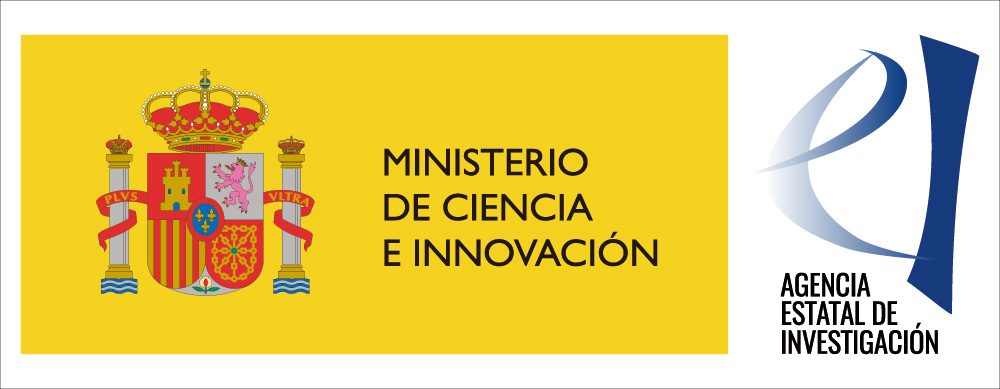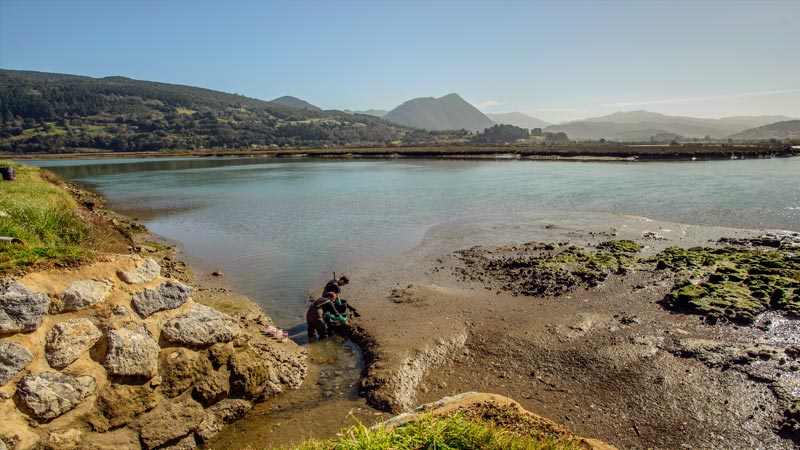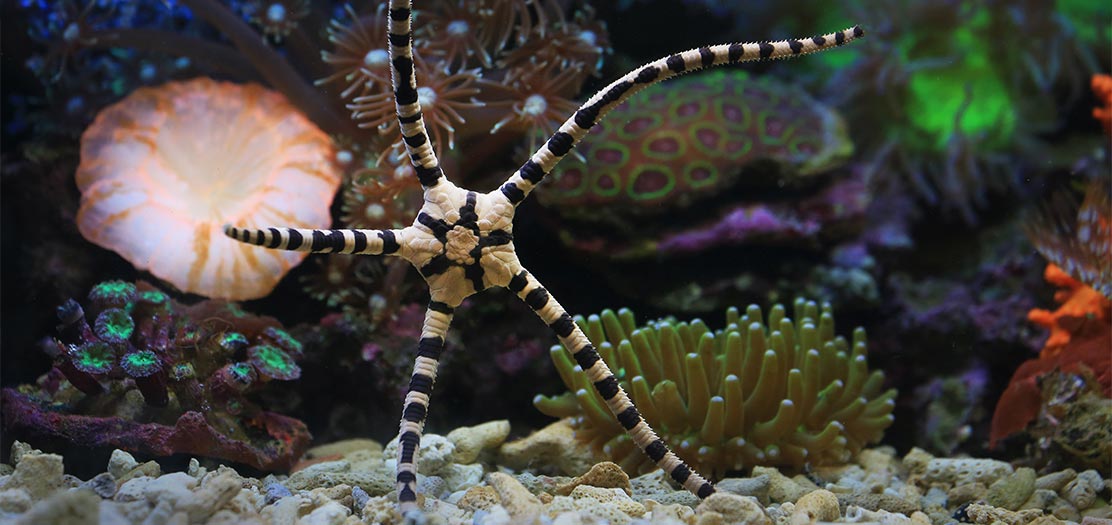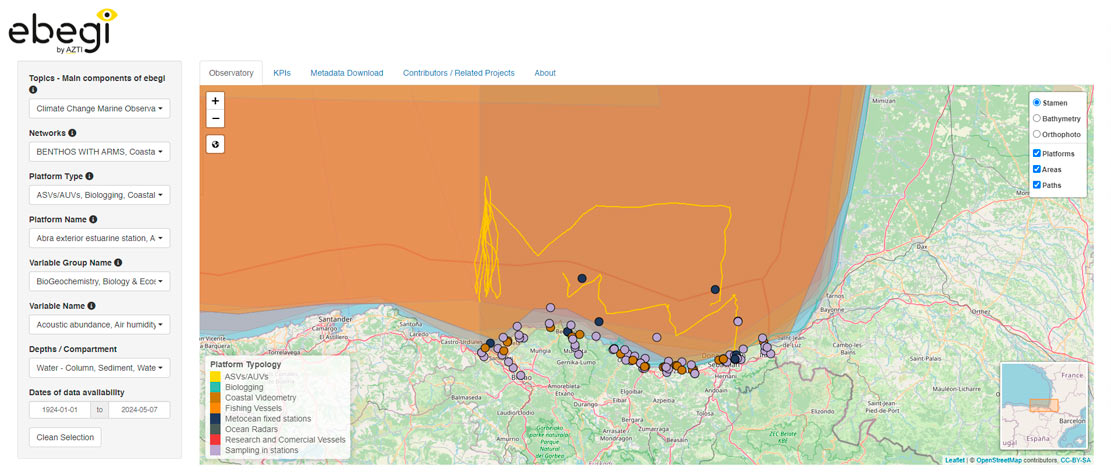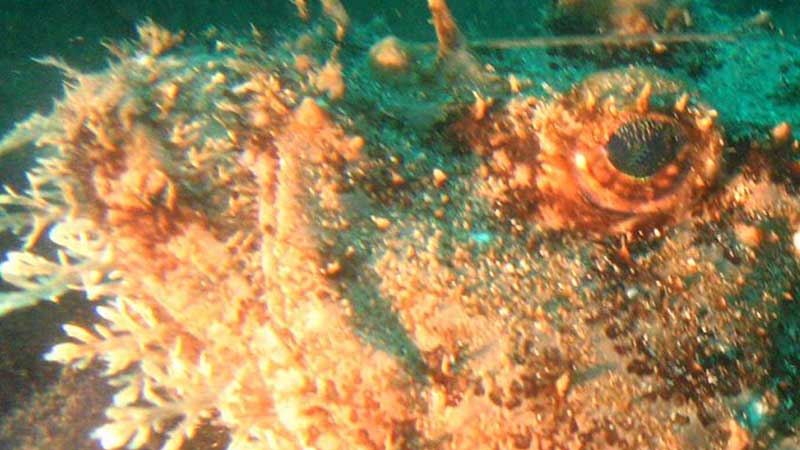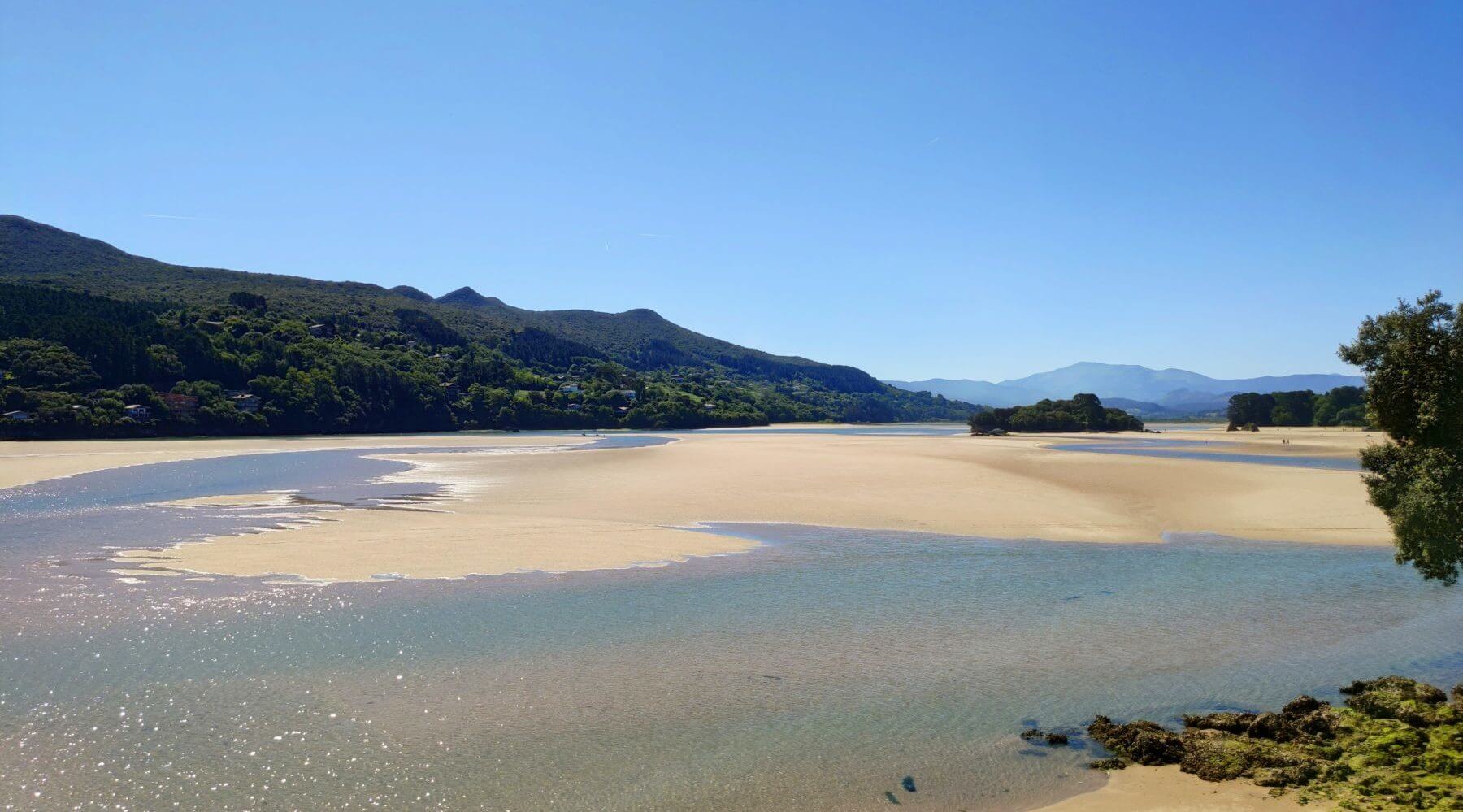GIFAMAN
Genomic Informed Fisheries Assessment for Improved Management
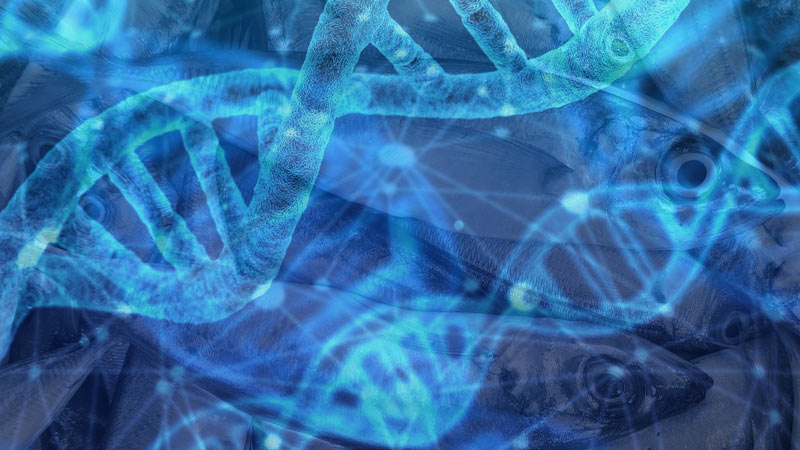
Context
Although several studies have highlighted the potential of genetic methods for improving fisheries management and some real cases where genetics has been directly applied to management exist, the inclusion of genetic information in the International Council for the Exploration of the Sea (ICES) assessment process is not straight forward. This could be due to a lack of comprehensive analyses using real case studies that analyze the value of including of genetic derived information into the assessment process, most likely derived from a lack of communication between geneticists and fisheries assessment scientists.
The project
This project intends to go beyond the application of population genomics to understand fish connectivity and adaptation. Here, the emphasis will be on developing strategies to produce management relevant information that can be directly integrated into the fisheries assessment process.
Hypothesis
Thus, our underlying hypothesis is that genomics can provide relevant information to inform fisheries assessment so that more accurate short term management actions and long-term predictions can be produced.
General objectives
To test this hypothesis, we propose four general objectives:
- Resolve the population structure of Northeast Atlantic commercially exploited marine species to better delineate management units (stocks).
- Understand the impact of climate change in marine fishes by identifying genomic signatures of adaptation.
- Integrate genetic derived information of population structure and adaptation potential into the fisheries assessment process.
Case studies
These objectives will be addressed using four case studies, including five (three demersal and two pelagic) commercially important fish in the Northeast Atlantic assessed by the International Commission for the Exploration of the Sea (ICES). The use of different case studies will help deriving common patterns and procedures to ensure that the outcomes of the project have a broad application and interest.
| Partners |
AZTI |
| Lenght |
2021-2024 |
| Grant PID2020-115656RB-I00 funded by |
